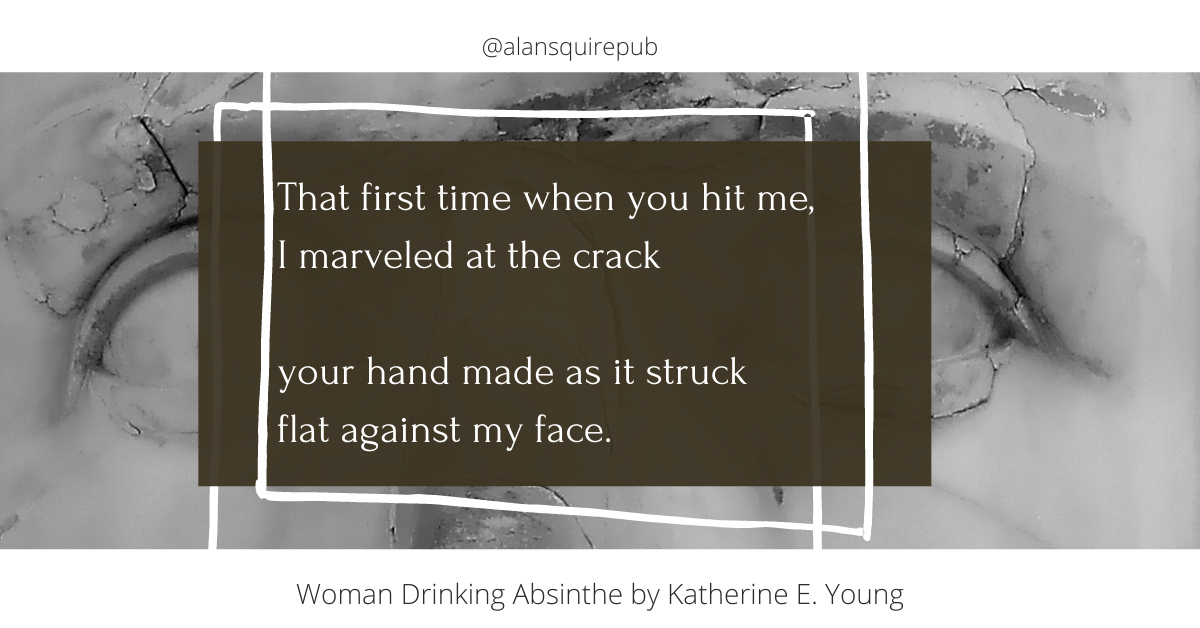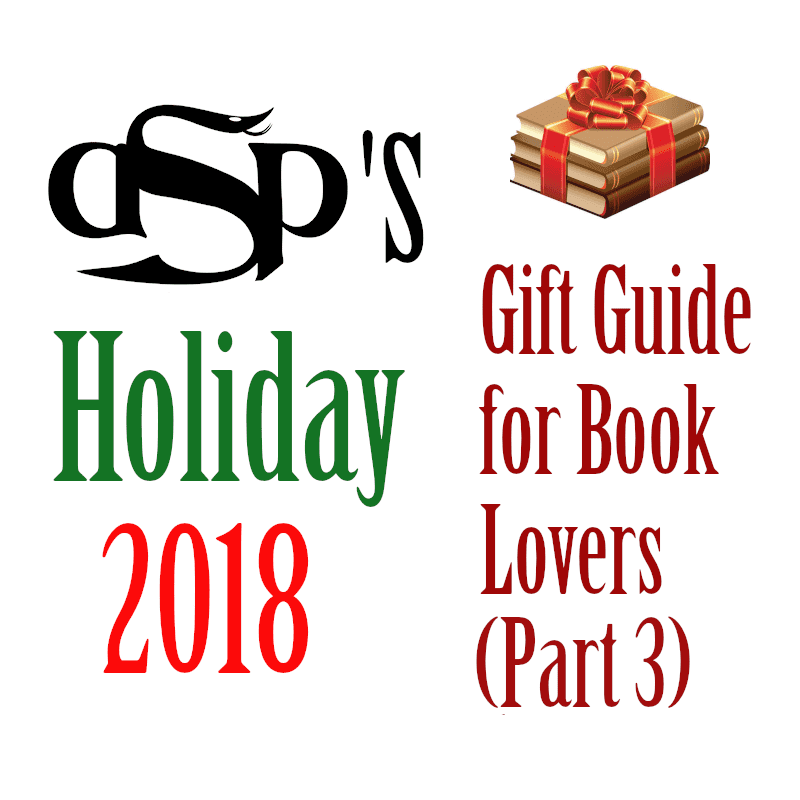WOMAN DRINKING ABSINTHE Analyzed by Billy Mills
Former Guardian Literary Journalist, Billy Mills, analyzes the conception of love in Katherine E. Young's new collection.

"Young’s core subject is love, but there’s nothing redemptive or particularly healing about its manifestations," writes Billy Mills in his analysis of Young's Woman Drinking Absinthe. Elsewhere he compares the different manifestations of this theme to coeval poets Christopher Jane Corkery and James Roome.
Mills analysis is fitting for Young's work which comes from a deeply literary place and is steeped in evocative allusion. Mills places WDA alongside the likes of Pound and Eliot in his thinking. Like these poets, Young uses unorthodox and historically informed forms and diction in her poetry.
An excerpt of Mills' analysis follows:
"The fourth (of five) sections of Katherine E. Young’s Woman Drinking Absinthe is a single sequence, ‘Place of Peace’ that takes off from a visit to the Civil War memorial at Shiloh National Military Park. The fourth section of the sequence opens with he line ‘Who doesn’t desire to be mesmerized by love?’ and ends ‘once more I fear the shadow of his hand.’ These lines could be said to serve as the twin poles of the entire collection.
For Young’s core subject is love, but there’s nothing redemptive or particularly healing about its manifestations."
The poems in Katherine E. Young’s Woman Drinking Absinthe concern themselves with transgressions. Lust, betrayal, guilt, redemption: Young employs fairy tales, opera, Impressionism, Japonisme, Euclidean geometry, Greek tragedy, wine, figs, and a little black magic to weave a tapestry that’s as old as the hills and as fresh as today’s headlines.
Featured Audio: The 2019 Maryland Poet Laureate Reads her Poem “Work is my Secret Lover”
Governor Hogan recently announced Maryland’s ninth Poet Laureate to be the incomparable Grace Cavalieri. In his press conference regarding the announcement he touched on her “lifelong” dedication to poetry, and this precisely is one of those defining characteristics of a great artist. ASP celebrated this aspect of Grace in her Legacy Book, Other Voices, Other Lives which is an atemporal sampling of her entire career to now, from poetry to prose, from plays to interviews with US Poets Laureate. It should come as no surprise to Mr. Hogan nor the careful reader of her works then that she has an almost religious dedication and inescapable fascination with her art and its many ingredients. As you we shall hear, in her poem “Work is my Secret Lover,” Poetry is the muse.
ASP Author’s Gift Guide for Book-Lovers (PART 3)
ASP Author’s Gift Guide for Book-Lovers Part 3: The Scholar, The Teacher, and The Godfather A Sampling of Music, Mythology, and Books that Touch the Heart Reuben Jackson Poet […]
Featured Audio: Mark A. Pritchard Reads More from “Billy Christmas”
“We have things to discuss” the Christmas tree says to Billy in the dark of the living room after bemoaning its fairy light binds. Billy’s mother is sick in bed, his father is missing, and the pine tree he was given by the charitable proprietor of his local stand is about to thrust him into a magical adventure which will color forevermore how he thinks about family and what it means to be an adult. Hear Mark A. Pritchard dramatize this important scene from his novel, Billy Christmas.
